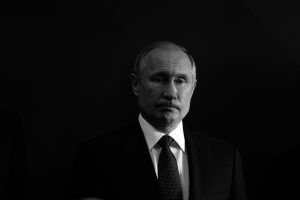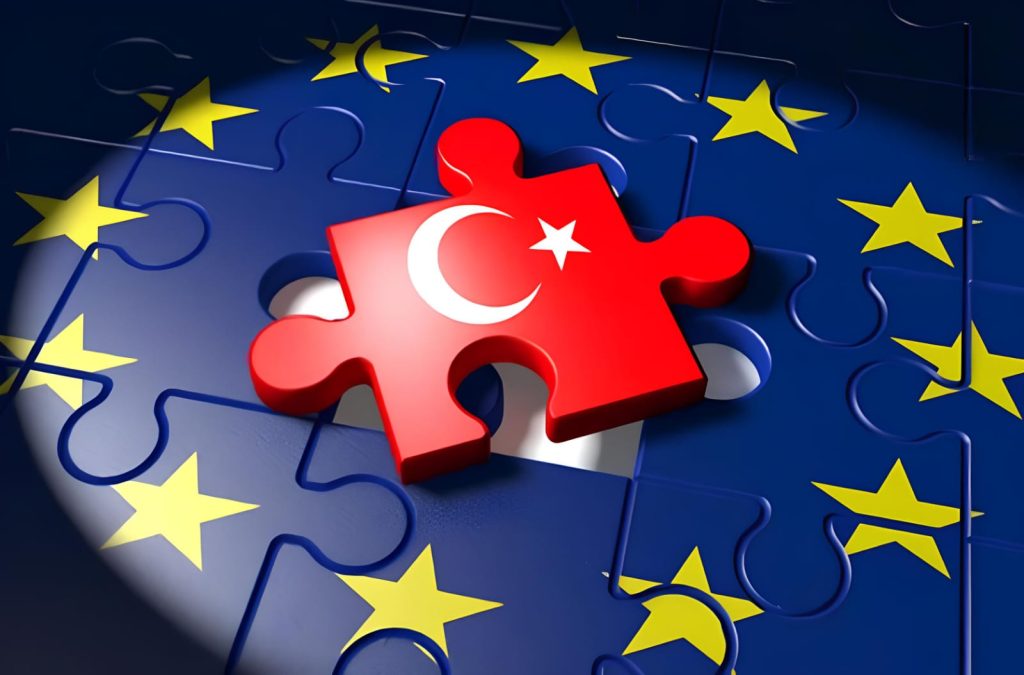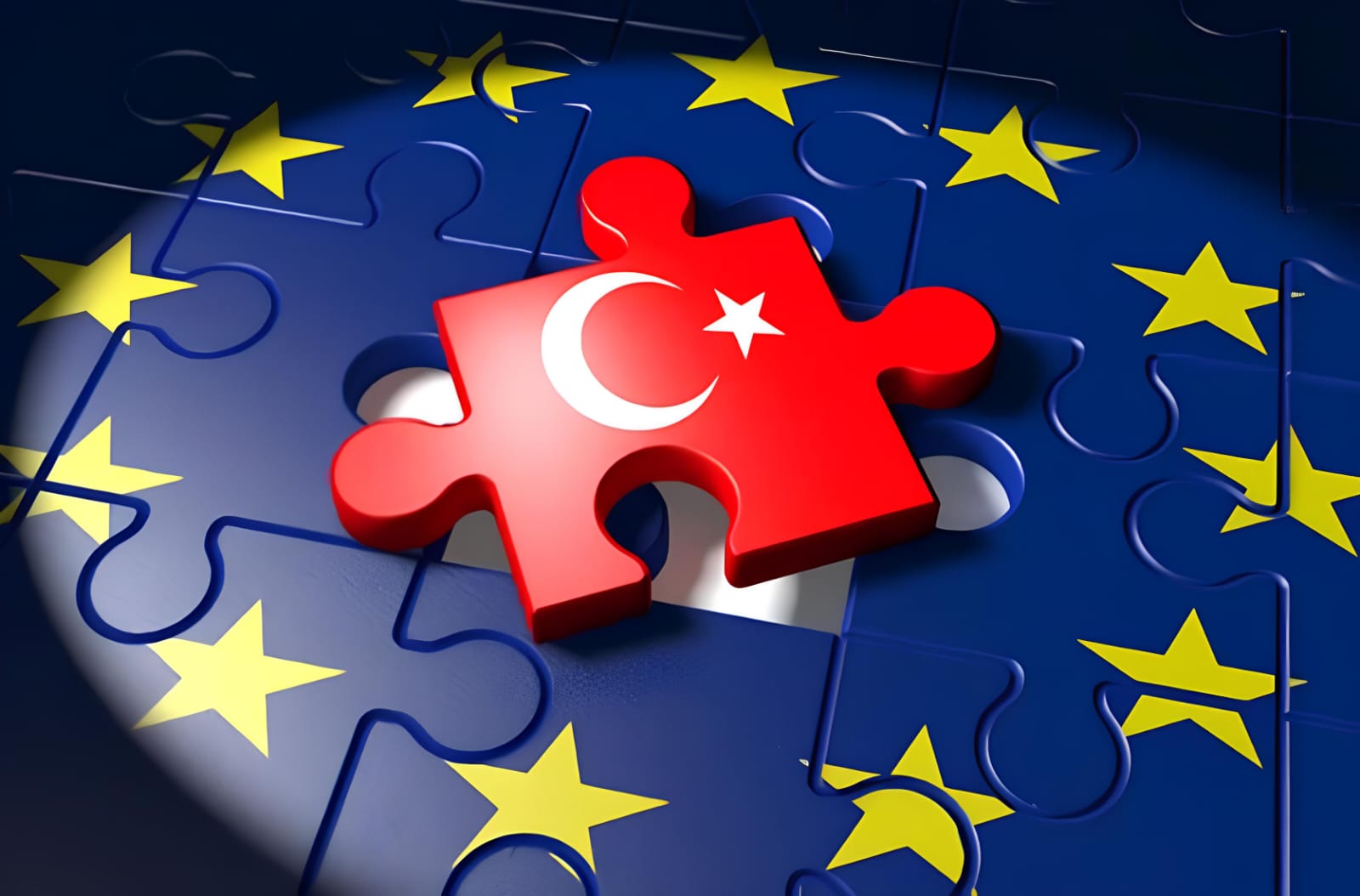
Türkiye’s EU aspirations face hurdles: geopolitical concerns, human rights issues, and historical complexities complicate accession.
December 11, 2023

A list of candidate countries, including Türkiye, are on the lookout for a possible EU (European Union) membership during the European Council where the EU’s enlargement policy will be addressed.
The highly anticipated commission is to take place on December 14-15, at the Brussels head-quarters. Türkiye, given the most recent elections in the month of May, is seen to be getting far away from its reform goals and its position as a candidate for EU membership remains stalled.
The history of Türkiye’s never-ending attempts to enter the EU as a member state dates back to 1999, when it was first declared eligible to join the EU as a member state. The rules adhering to integration into the EU are outlined by the ‘Copenhagen criteria’, which include a well functioning open economy, acceptance and application of all EU legislation, including the acceptance of euro as common currency, as a part of the monetary union, and most importantly, a well-established rule of law followed by a stable democratic regime. Türkiye, on the other hand, fails to fulfill these requirements, mostly due to its political regime.
Türkiye’s political regime complicates the assessment process of its eligibility to become an EU member since it does not follow a standard European form. Indeed, Türkiye’s political identity, which is intertwined with the Turkish identity, remains a critical point for uncertainty on its ability to uphold the European standards, whether in the national or in the international political scene. The role of the Turkish identity, which is a notion rooted in the European collective memory, then, becomes the focal point in this discussion as it is seemingly divided between two opposites: one that idealizes and vindicates the secular, modernized Western school of thought and one that remains true to the traditional and rather ‘Islamic’ course of action. The most recent elections, according to EU, did not prove otherwise since it displayed a struggle between two groups: the ones who strived to re-establish a more secular democratic regime through reform and the ones who wanted to further secure the presidential system and the moral, social and cultural values associated with the stability of this system.
To this day, Türkiye is neither ‘European’ enough to radiate European excellence through its political, economic and cultural capabilities nor it is entirely ‘non-European’, that is to say it possesses some potential to serve as a partner of the EU, especially due to its geopolitical importance for the purposes of securing global peace and enhancing global trade.
It is not only Türkiye’s political regime that diminishes its ability to join the EU as a member state. Türkiye is faced with increasing unemployment, a swelling inflation rate, a refugee crisis followed by extremely rapid population growth, dissident terrorism and persisting diplomatic tensions with both its neighboring countries, such as Greece, and with global superpowers, such as the USA, which all put great pressure on the Turkish government to maintain the delicate balance of ruling a multinational country with regards to the human rights standards set by the EU. The ‘mishandling’ and hence the persisting existence of the outlined issues cause Türkiye to be considered as negligent of human rights, which for the EU, is the most significant component that is reflectant of a country which cannot possibly adhere to all the requirements.
Recent occurrences in the global diplomatic scene, most specifically the Russian-Ukrainian war, have further reinforced Türkiye’s perceived inability to meet such requirements in recent future. Türkiye’s close relations with Russia have been a topic of interest for European countries ever since the Cold War period. This is mainly due to Türkiye’s geopolitical importance to Europe as its position used to serve as a sanctuary for Western security at the threat of Soviet Russia. The Cold War presented Türkiye with a rare opportunity to enter the EU, although it lacked the sufficient conditions. However, with the disappearance of the Red Menace, Türkiye’s importance for Europe’s security concerns declined to the point where making alliances with Türkiye as a security partner and disguising its lacking state in accomplishing European standards to secure such alliances was no longer a substantial effort. Therefore, after the post-Cold-War era, the only pathway for Türkiye to enter the EU was and still is through a solid modification in its regime and constitution, validating its dedication to fully conform to the European standards and values. Türkiye, on the other hand, is utilizing its alliance with Russia today, especially in the face of the Russian-Ukrainian war, to establish a strategic autonomy in its foreign policy, one that embodies a multilateral approach to create more political and economic opportunities, even if it results in asymmetrical ties with other countries. The policy’s effects are signified most recently by Türkiye’s determination to not join European countries’ decision to impose economic sanctions against Russia, after Russia’s military intervention in Ukraine.
Türkiye’s mission of establishing strategic autonomy is matched with the focus on militarization and global trade, as exemplified by the latest attempt to restore and update the Customs Union between Türkiye and EU. Through this development, Türkiye is seeking to reinforce its ties with the EU and thus, fasten the process of a possible integration into the EU. While Türkiye’s recent attempts to foster economic relations with the EU through a stronger and modernized Customs Union show potential for possible inclusion, its effects on shaping the council’s final decision of a possible integration remains limited since the outlined factors create an immense zone of uncertainty on behalf of the EU. In fact, the economic progress between Türkiye and the EU remains a rather symbolic attempt to strengthen Türkiye’s position as an ideal candidate for EU membership.
In conclusion, the possibility of Türkiye entering the EU in the upcoming European Council assembly remains an implausible dream, given the political and cultural conflicts between the European and Turkish identities, which are magnified by Türkiye’s internal exhaustions as well as the inflexibility of its reform agenda.
A curated seletion of FA’s must-read stories.
Written By: DILARA SAHIN
Written By: RIZWAN RAFI TOGOO
Written By: ERIC SONG
Written By: BATUHAN GUNES
Written By: E. ERDEN
Written By: SHOHREH POOLAB
Written By: ALEYNA TASTAN
Written By: CIHAN KAAN GAZI

Gokce Ozum Acar is a sophomore in the international relations department at Bilkent University with a minor degree in software development. Passionate about unraveling the intricacies of foreign policy, she seeks to explore the intersection of politics, media, culture and technology through her work. Her field of interests include foreign policy, international law, international organizations and cyber warfare.
Written By: ABDURRAHMAN ADIGUZEL
Written By: BEYZANUR SARICICEK
Written By: SELIN ARDIC
Written By: NILAY CELIK
Written By: ELDANIZ GUSSEINOV
Written By: JOSEF SCHOEFL
Written By: SELCAN BEDIRHANOGLU
Written By: FATIH CEYLAN
FA’s flagship evening newsletter guilding you through the most important world streis ofthe day. Delivered weekdays.
